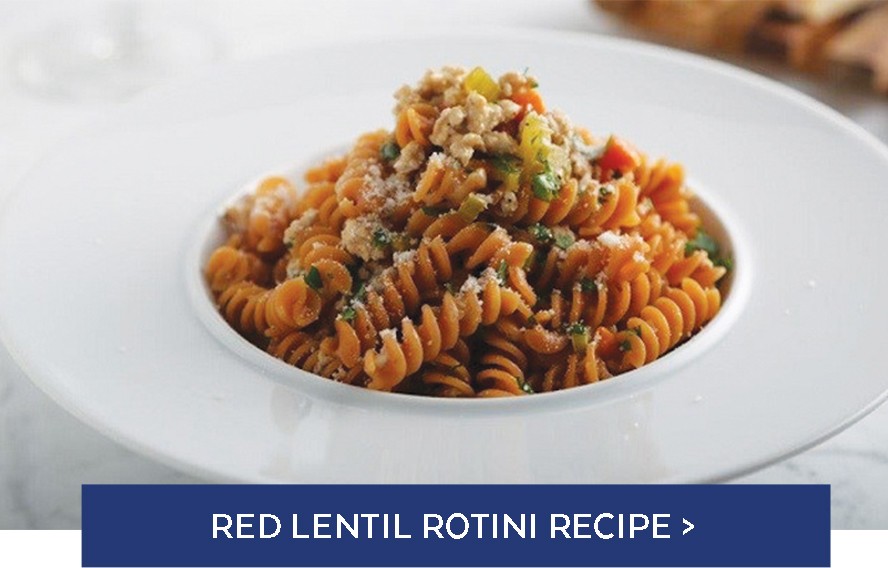No “diet” has received more attention from the scientific community, the World Health Organization (WHO) and mainstream press than the Mediterranean diet. Dubbed the "heart-healthy diet" by the Mayo Clinic, touted as the culinary fountain-of-youth by health and beauty influencers, and the center of a WHO initiative encouraging health policies that promote Mediterranean diet meal plans, the Mediterranean diet has few naysayers.
Unlike most fad diets, a Mediterranean diet menu has few restrictions. Protein, fat and, yes, carbs are all allowed. The main ingredients: fresh fruits and veggies, grains, pulses, healthy fats and fish.
But is that a recipe for health?
Let's find out what the science says.
 Health Benefits of the Mediterranean Diet
Health Benefits of the Mediterranean Diet
By far, how the Mediterranean diet affects heart health has been researched the most. In fact, an article published in the New England Journal of Medicine— “Primary Prevention of Cardiovascular Disease with a Mediterranean Diet”—went viral in 2013, where it quickly acquired “healthiest diet in the world” status.
The study found that people who follow a Mediterranean diet plan not only have a reduced risk of heart disease and stroke, but they also experience dramatic increases in overall cardiovascular health.
Since then, countless studies have reinforced and added to the list of health benefits associated with the Mediterranean diet, including:
- Linked to lower incidence of type 2 diabetes.
- Results in a reduced risk of colorectal cancer.
- Supports improved bone health.
- Provides a means of healthy weight loss.
- Boosts healthy kidney function.
And recently, an American Academy of Neurology study found that among people who follow a Mediterranean-style diet, the risk of cognitive decline, specifically Alzheimer's, was markedly lower than those not adhering to the Mediterranean diet.
A Simple, Straightforward Menu
So, what do you eat?
To follow a Mediterranean diet:
One look at a Mediterranean diet shopping list explains why it's so darn healthy. But there’s more to it than what you eat. For a complete answer to the question What is the Mediterranean diet? we need to delve in a little deeper. Make sure to read our next post: What is the Mediterranean Diet? (Part 2).






Share this Post